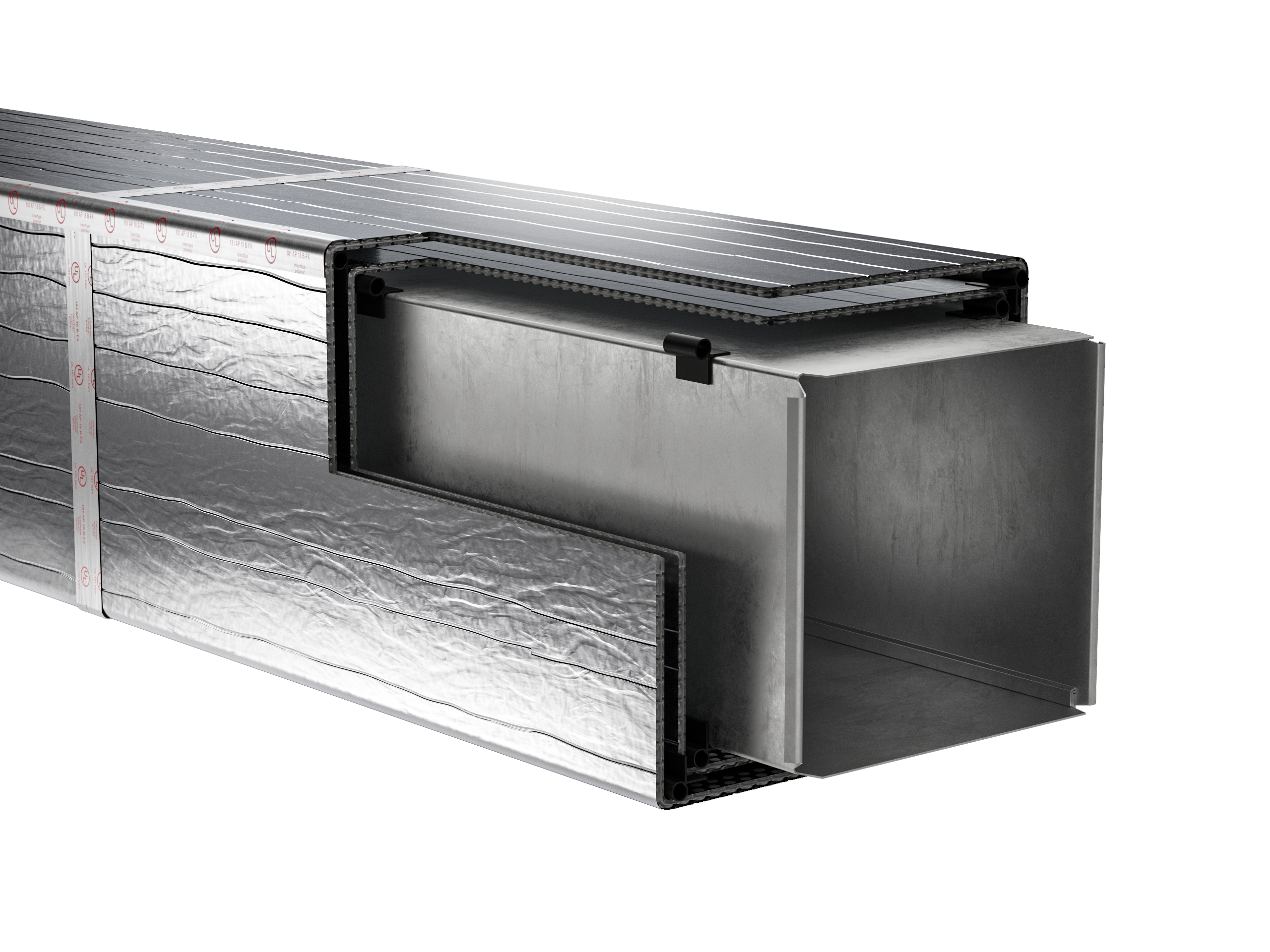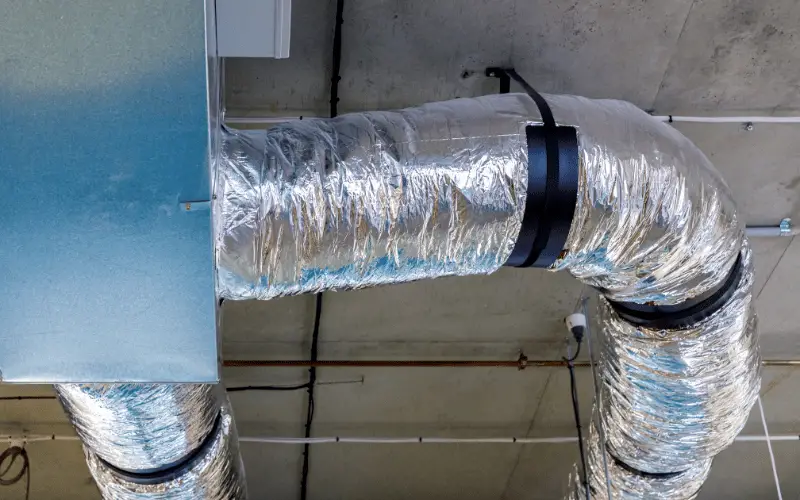Insulating air ducts is important. It helps save energy. It keeps your home comfortable. Insulation prevents heat loss. It also keeps cool air inside. This can lower your energy bills. In this article, we will learn how to insulate air ducts. We will cover tools, materials, and steps.
Why Insulate Air Ducts?
First, let us understand why we should insulate air ducts.
- Reduces energy loss
- Improves heating and cooling
- Enhances comfort
- Lower energy bills
- Prevents condensation
Insulating your ducts can make a big difference. It keeps the air you pay for inside your home.
Tools You Will Need
Before you start, gather your tools. Here is a list of tools:
- Utility knife
- Measuring tape
- Insulation material
- Duct tape
- Safety goggles
- Gloves
Make sure you have all these tools. This will make your work easier.
Materials for Insulation
Next, you need insulation material. There are different types:
- Fiberglass insulation
- Foam board insulation
- Reflective insulation
Fiberglass insulation is common. It comes in rolls. Foam board is good for flat surfaces. Reflective insulation works well in hot climates.

Steps to Insulate Air Ducts
Now let’s look at the steps to insulate air ducts. Follow these steps carefully.
Step 1: Measure The Ducts
First, measure the ductwork. Use the measuring tape. Write down the lengths and widths. This will help you buy the right amount of insulation.
Step 2: Cut The Insulation
Next, cut the insulation material. Use your utility knife for this. Cut it to fit the size of your ducts. Make sure it fits snugly.
Step 3: Wear Safety Gear
Before you start working, put on safety gear. Wear safety goggles and gloves. This protects you from sharp edges and dust.
Step 4: Wrap The Ducts
Now, wrap the ducts with insulation. Start at one end of the duct. Make sure it covers all sides. Use the duct tape to hold it in place.
Press the insulation firmly. Ensure there are no gaps. This helps keep the air inside.
Step 5: Seal The Joints
Next, check the joints. Joints are where two ducts meet. Seal these with duct tape. This keeps air from escaping.
Step 6: Inspect Your Work
After wrapping, inspect your work. Make sure there are no exposed areas. If you find any, add more insulation. Proper coverage is important for best results.
Step 7: Clean Up
Once you finish insulating, clean up your workspace. Put away tools and materials. Make sure there is no clutter.
Tips for Insulating Air Ducts
Here are some helpful tips:
- Check for leaks before insulating.
- Use high-quality insulation material.
- Work in a well-lit area.
- Take your time. Do not rush.
Common Mistakes to Avoid
While insulating air ducts, avoid these common mistakes:
- Not measuring ducts correctly.
- Using low-quality insulation.
- Leaving gaps in insulation.
- Skipping sealing joints.
When to Call a Professional
Sometimes, you might need help. Here are some signs:
- If the ducts are hard to reach.
- If you find major leaks.
- If you are unsure about the process.
Calling a professional can save time and effort. They have the right tools and experience.

Frequently Asked Questions
How Do I Insulate My Air Ducts Effectively?
To insulate air ducts effectively, use fiberglass or foam insulation. Seal gaps with duct tape for better results.
What Materials Are Best For Insulating Air Ducts?
The best materials include fiberglass, foam board, and duct wrap. They help reduce heat loss and improve efficiency.
Can I Insulate My Air Ducts Myself?
Yes, you can insulate your air ducts yourself. Just follow proper guidelines and safety measures during the process.
Why Is Insulating Air Ducts Important?
Insulating air ducts is important because it saves energy, reduces bills, and improves comfort in your home.
Conclusion
Insulating air ducts is an easy and helpful task. It improves energy efficiency. It helps keep your home comfortable. By following the steps in this guide, you can do it yourself.
Make sure to use the right tools and materials. Pay attention to details. Insulating your ducts can lead to lower energy bills. It can also improve your home’s comfort.
Take your time and be careful. If you need help, don’t hesitate to ask a professional. Enjoy the benefits of well-insulated air ducts!

